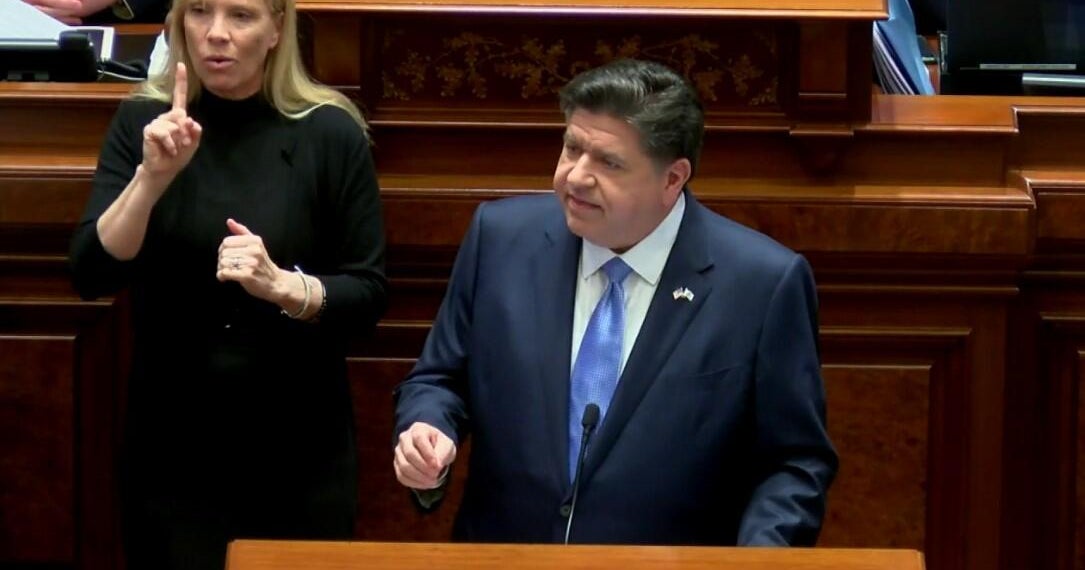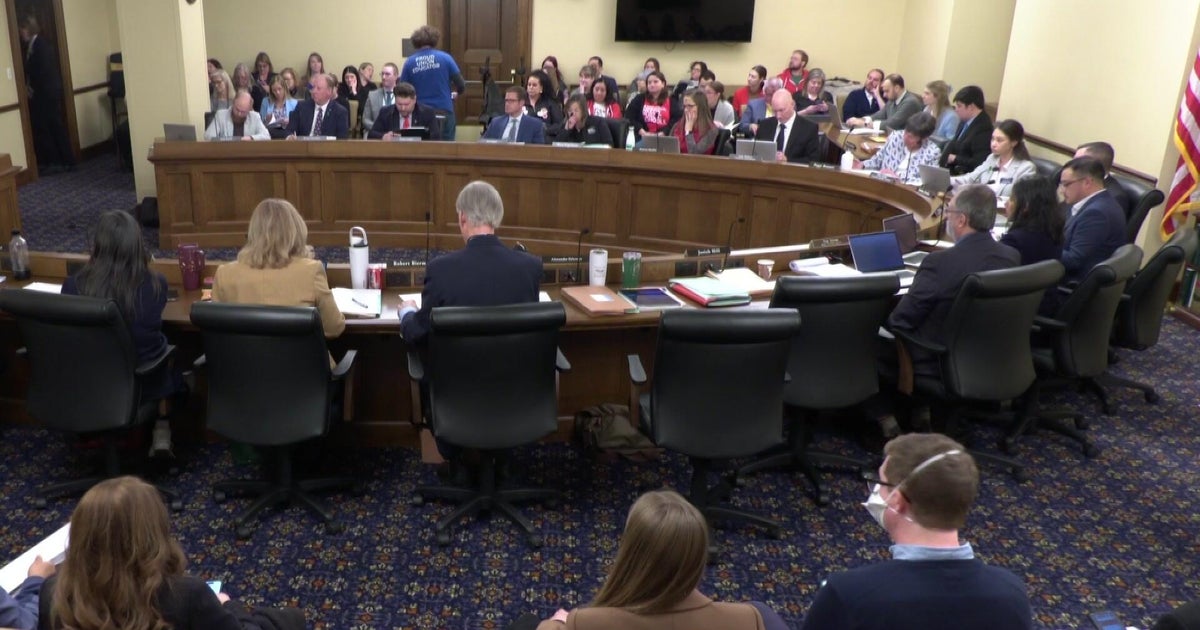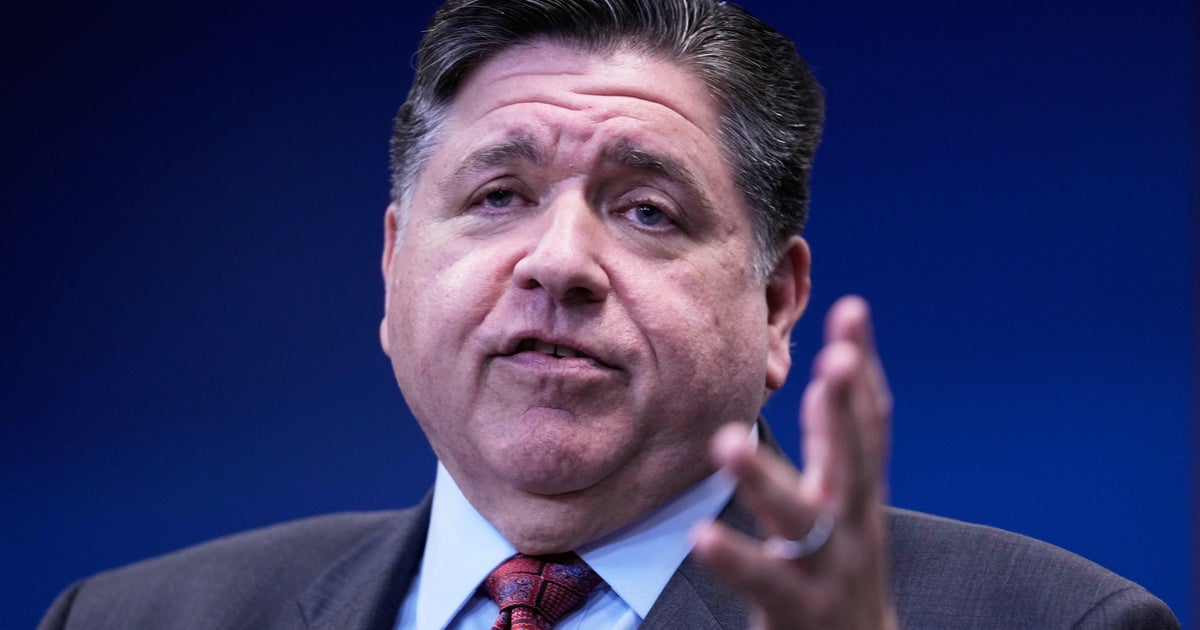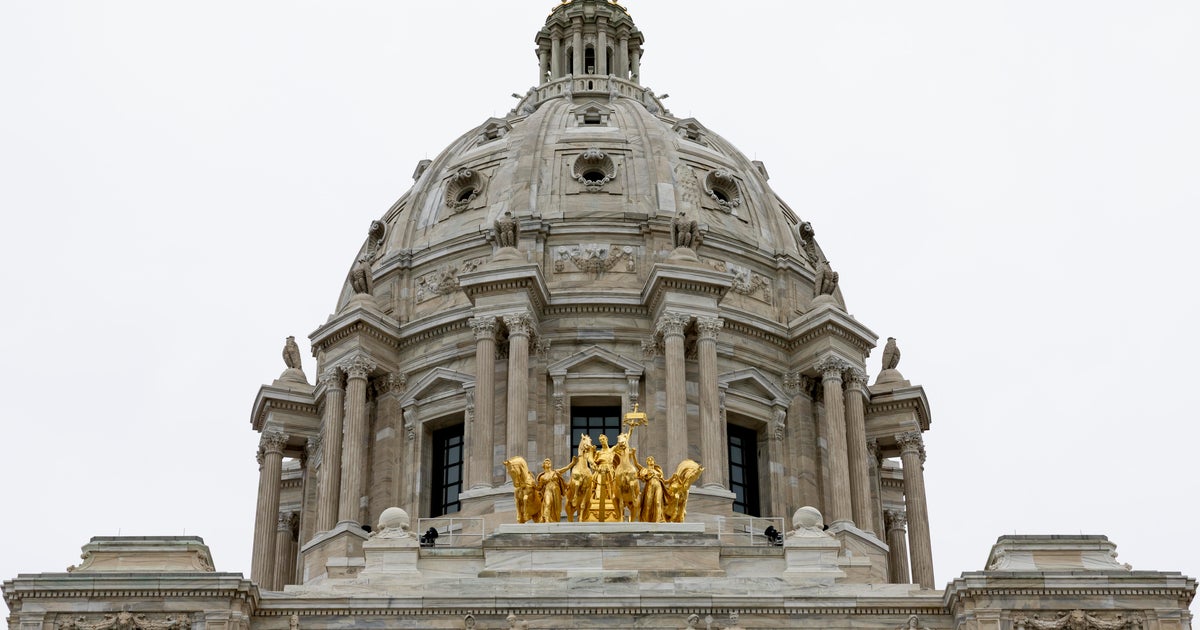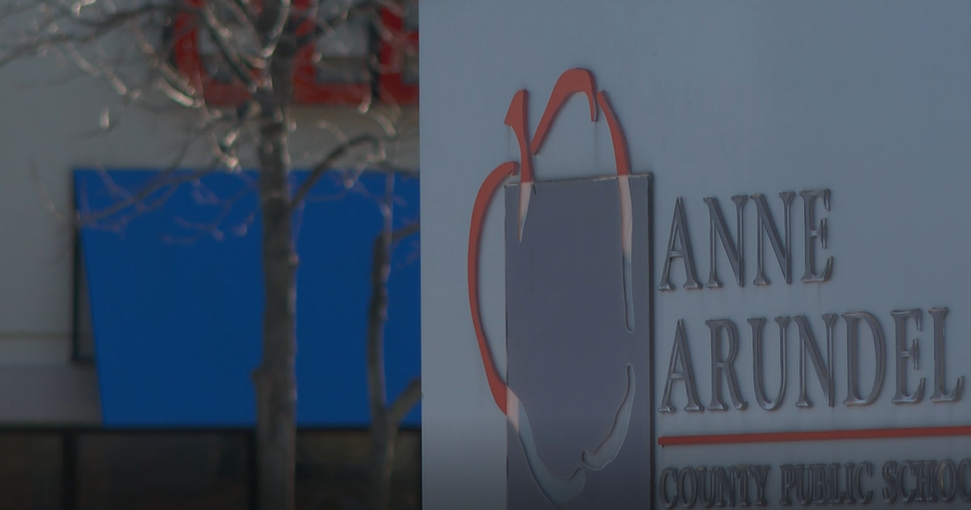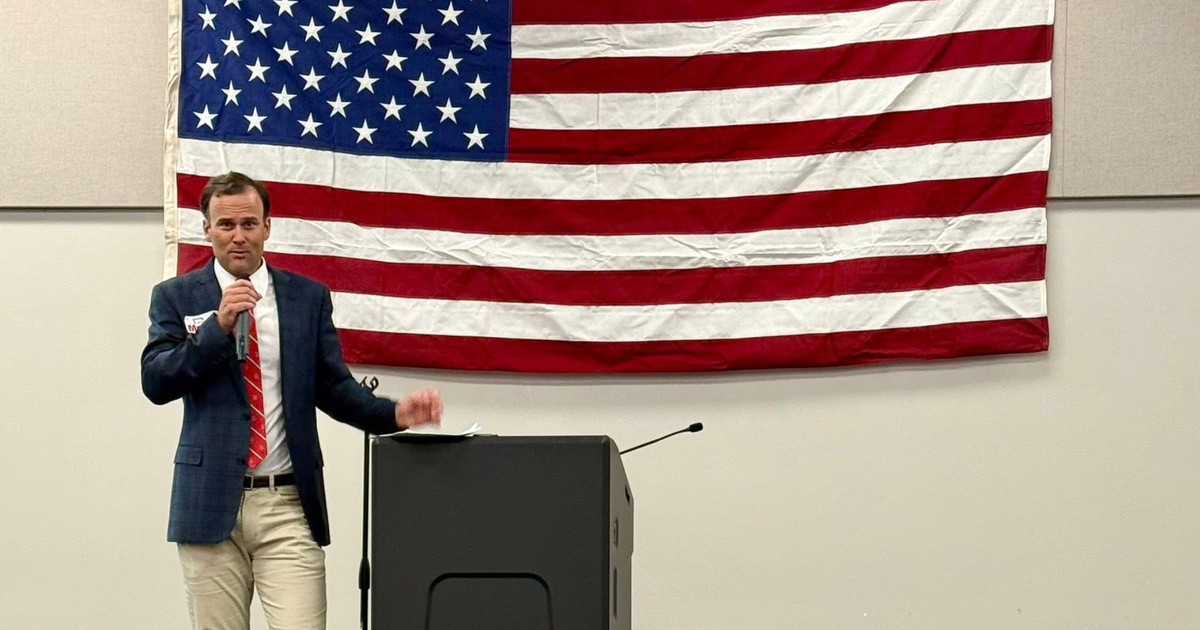House, Senate Lay Out Plans For Teacher Pay Increases
TALLAHASSEE (CBSMiami/NSF) – The state's House and Senate have clarified their plans on how they would give teachers pay increase.
On Friday, both legislative bodies laid out their blueprints for the state's $74 billion budget for the coming fiscal year were released.
For weeks, lawmakers had signaled that they agreed with Gov. Rick Scott's plan to increase teacher pay, but wouldn't go along with his plan for an across-the-board raise of $2,500 after waging a brutal battle to push through performance pay just two years ago.
In their own spending proposals for the year that begins July 1, leaders on both sides of the Capitol drew a specific contrast with fellow Republican Scott -- and with each other.
The House plan would give districts $676 million in funds through the state's main funding formula to use on priorities -- money that lawmakers clearly want to go largely to salary increases. The budget also "strongly encourages" districts to base at least half of those raises on performance.
House Speaker Will Weatherford, R-Wesley Chapel, said the budget isn't more specific because it faces the same obstacle that Scott's across-the-board proposal would run into.
"Whether you put in $2,500 for each teacher, whether you put in merit pay, at the end of the day, it has to be collectively bargained," he told reporters Friday morning.
Weatherford said the House decided not to tie the funding exclusively to teacher pay raises in an effort to provide flexibility to districts.
Like Scott, the Senate would specify that districts use $480 million for teacher raises. But the upper chamber would require the model districts use for the raises to be "based on student achievement" and submitted to the State Board of Education for approval.
Lawmakers also differ from Scott on another pay proposal, with both chambers footing the bill for salary increases for state workers. Scott had backed bonuses for employees, who haven't seen a raise in six years, with more available to those who performed well.
Instead, the House proposed a $1,400 across-the-board increase, which they say would work out to about 3.5 percent for the average state worker. The Senate is pitching a 3 percent boost in pay, as well as a "tiered pay increase" for law enforcement.
Weatherford, pointing to arguments from lawmakers with lots of state workers in their districts, said the House respected Scott's interest in performance bonuses.
"But we do believe that when our state employees have gone six years without a raise, $1,400 across the board is the right approach," Weatherford said.
Rep. Alan Williams, D-Tallahassee, issued a statement Friday praising the initiative.
"This is a positive step, and I appreciate the efforts by House Appropriations Chairman Seth McKeel and House Speaker Will Weatherford to reward state employees with a much-needed increase in salary," Williams said.
There are other differences between the House and Senate plans. The House would devote about $2.4 billion to reserves, including $1.2 billion in general revenue. The upper chamber would save $2.9 billion, including $1.5 billion in general revenue.
"Our budget recognizes the ongoing challenges associated with economic recovery as well as the uncertainty caused by instability in Washington," Senate President Don Gaetz, R-Niceville, said in a statement issued by his office. "Florida's fiscal situation is improving, but the tough times over the last few years taught us many lessons."
The Senate would also boost Bright Futures awards by 10 percent, costing about $30 million.
But it wouldn't set aside as much money as the House would for performance funding for universities. Both chambers restored $300 million in one-time cuts to university budgets issued last year.
Both plans would make required increases in payments to primary-care physicians for Medicaid patients -- something called for by the new federal health care law -- and would bankroll the work plan for transportation projects.
House Minority Leader Perry Thurston, D-Plantation, issued a statement praising much of the budget but lambasting the decision to forgo an optional expansion of Medicaid that is also part of the 2010 health-care bill signed by Democratic President Barack Obama.
"The House proposed budget fails to provide for the full implementation of the health care law," Thurston said. " ... I find it highly doubtful that House Democratic Caucus members will support a state budget that fails to adequately address Florida's health care needs."
Senate Republicans have proposed an alternative that would use federal funding to help lower-income Floridians purchase private insurance. That federal funding otherwise could be used for expanding Medicaid. Weatherford said Friday that the House was still willing to explore other ideas besides Medicaid expansion, which both chambers have ruled out.
The News Service of Florida contributed to this report.
